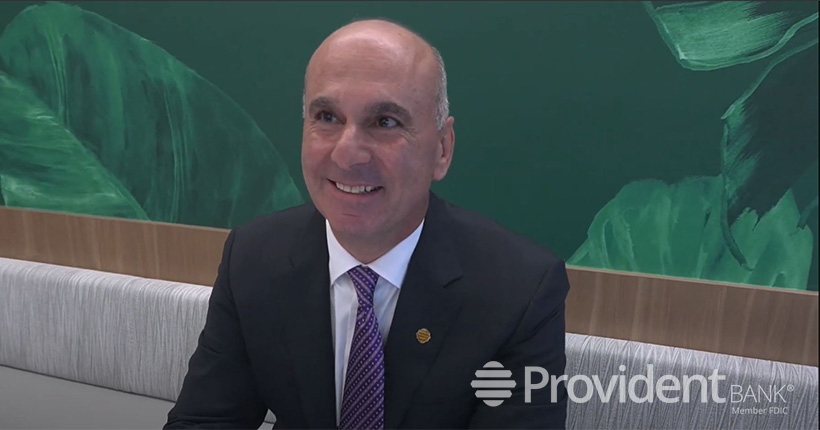 VIEW ALL EDUCATION & INSIGHTS
VIEW ALL EDUCATION & INSIGHTS
May 09, 2014
What Do You Mean My Agreement Is Outdated?

Contracts. They can be the bane of a business owner’s existence. But, however aggravating, they are an unavoidable necessity to doing business. At some point, your company will engage in a contractual agreement with a financial institution, vendor, landlord, etc. So, how do you ensure that once you’ve signed on the dotted line everything is in order?
Keep your agreements current! Contracts are like a snapshot, reflecting your company frozen in a moment in time. Since companies are ever-evolving organisms, growing day to day, it’s difficult to maintain updated agreements. After all, your business’s circumstances may have changed no sooner than your signature has dried.
That’s why you should periodically review your contracts and make sure they reflect recent changes in your business. Small changes or even policy modifications can be easily overlooked, so ask yourself the following questions:
- What does my employee turnover look like? Which employees have been hired, fired, laid off, reassigned, or have retired?
- Has a new CFO, controller, or other executive been instated? Has his/her responsibility increased or access to sensitive information changed?
- Have key employees’ statuses changed (e.g. disability or maternity leave)?
- Have key employees recently divorced, married, or legally changed their name?
- Has any key employees’ contact information changed?
- Has the person(s) authorized to execute decisions on behalf of the company changed?
Putting Continuity into Business
Contracts, especially ones with financial institutions, are also often contingent upon the health of the business and management’s ability to run the organization successfully. Consider creating or improving your business continuity plan, which will help you institute redundancies and “fail-safes.”
If key personnel are out of the office or out of reach, how will work resume or decisions be made in their absence? Consider preparing a worst-case scenario that goes three deep. That is, if the top two decision makers are unavailable, can your business still function? Moreover, will your financial institution recognize that third-tier individual as a viable and legitimate holder of information? Can he/she be responsible for approving payments, transferring funds, receiving balances, initiating wires or ACH transactions, etc.?
As the security protocols of financial institutions become exceedingly rigorous, it is more important than ever that you take ownership of your business’s safety. Have a plan. Check it twice.
To Learn More
To learn more about business continuity plans, worst-case scenarios, or keeping your contractual agreements up to date, please contact a Provident Bank Cash Management officer at 732.726.5441.








 Views
Views


 Views
Views

 Go Back
Go Back







